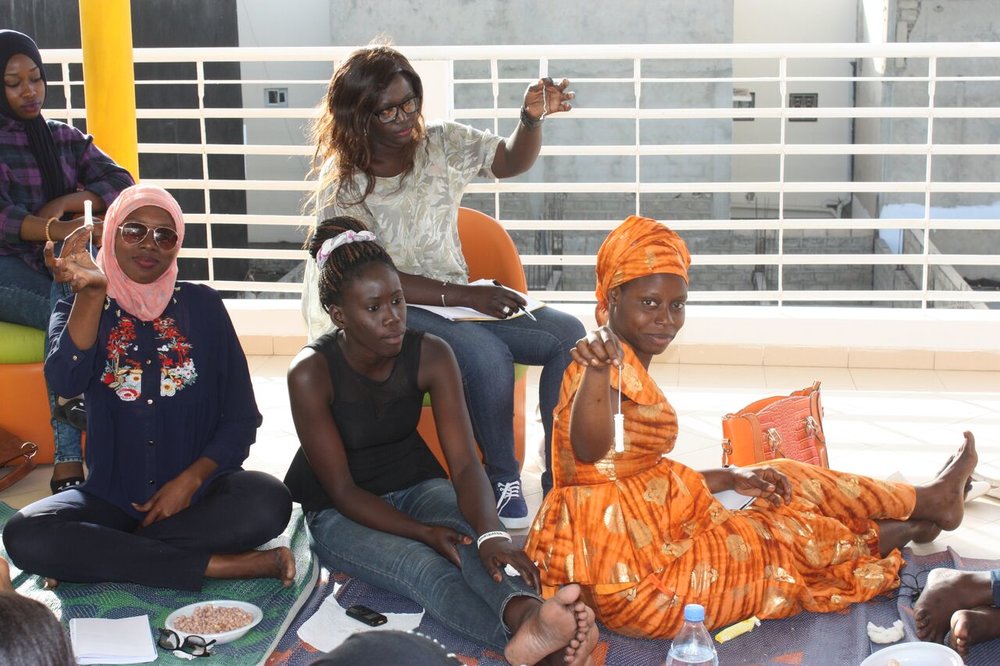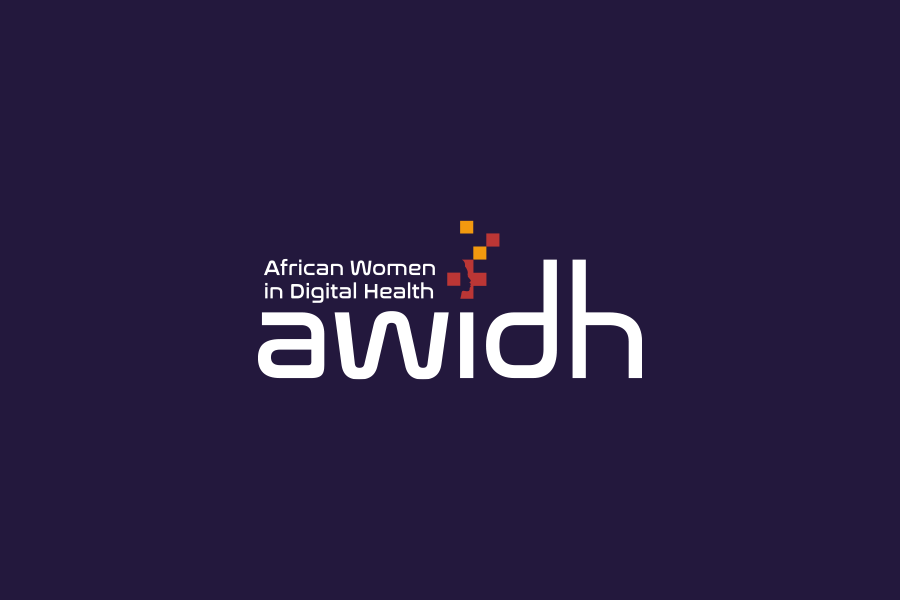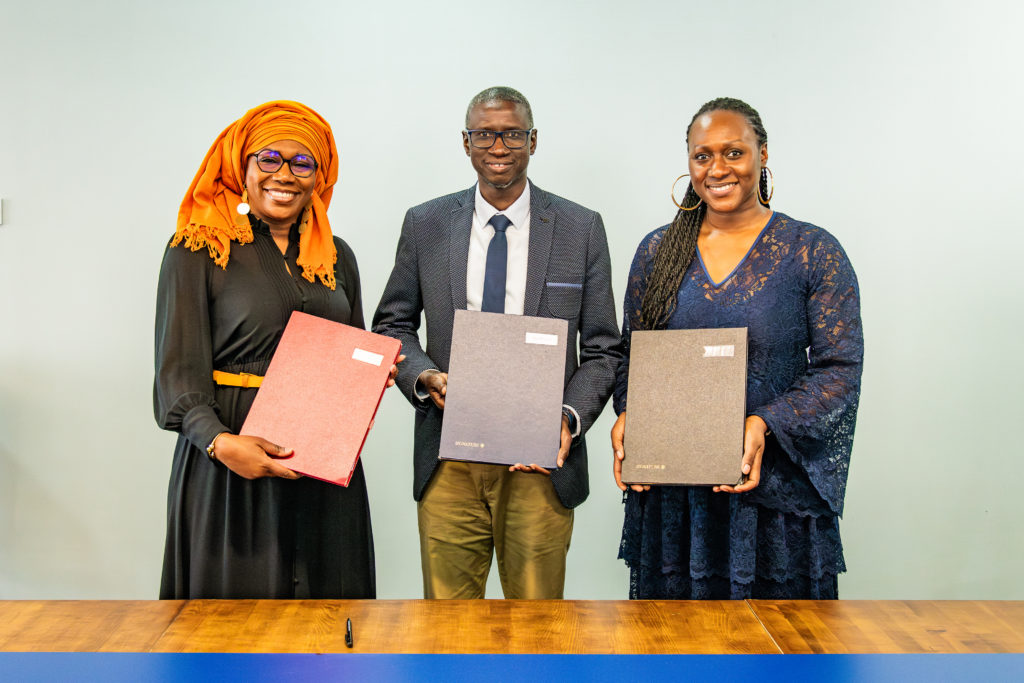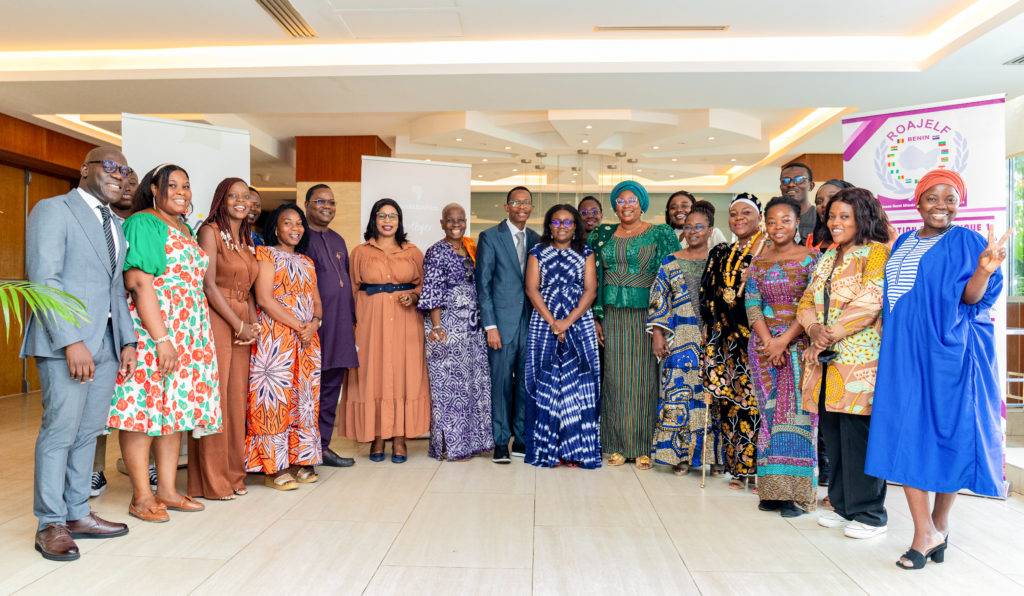Speaking of Menstruation…just kidding – no one was talking about it…which is the problem…

It’s a breezy afternoon in Guediawaye – a community just on the outskirts of Dakar, Senegal. We’re outside on the top floor of La Maison Rose – the base for a charity called “Unies Vers’Elles Senegal,” which focuses on assisting the most vulnerable women and children of Dakar.
Speak Up Africa, in partnership with Social Change Factory, has gathered 15-20 girls to talk about a topic considered taboo – menstruation.
At first, the girls are a bit shy, casting glances at one another to see who will be the first to speak. The facilitator conducts an ice breaker where the girls must say their name, then something they like that starts with the same letter, which will be repeated by the next girl who will introduce herself through the same method. Aicha likes les ananas (pineapples), and Mariama likes makeup. I am Catie and I like cats. (Not really. I’m allergic. But hey – it’s not easy to speak in front of a large group – especially about periods. But these girls are bold).
The facilitator begins asking some introductory questions, including when the girls first had their periods (anywhere from 10-15 years old), if they were scared (yes and no), and if anyone had explained what it meant to start their periods (not exactly in medical terms). Soon the girls are sharing their experiences, and I’m surprised at how open they are in the presence of relative strangers – I can’t say that I would have been as open in the same situation. But perhaps that speaks to the work and mission of La Maison Rose. The girls and women here have been driven from their homes for various reasons including rape, torture and prostitution, and were found living in the street pregnant or caring for one or more young children. The founder, Mona Chasserio, strives to make them feel at home here, in a safe place where they can learn and raise their children. Having food and shelter isn’t enough – she pours her energy into also bolstering their psychological wellbeing.
Cookies are passed around as the conversation moves to other topics, including misinformation and misconceptions around menstruation.
Aicha Gaye, 17, has taken on the duty of brewing and serving the attaya (tea), and speaks openly about her lack of information around her period. She said, “Before my pregnancy, I felt no pain and no particular sign that told me of the arrival of my period.” She would wear all black to school in order to hide the blood that would seep through her clothes.
Many of the girls said no one explained to them what having their period meant, and the link between menstruation and pregnancy wasn’t always emphasized. Aicha said, “When I had my ‘mbax’[1], I was afraid to talk to my mother, but I was aware of what it was because of my sister.” Even then, they spoke little about their periods to one another – Aicha earned some laughs when she told the group she made fun of her sister for using pads, calling them diapers. The lack of information puts girls at risk for early pregnancy and can cause their families to kick them out of their home. Aicha gave birth to her daughter in February and now lives with her at La Maison Rose.
The girls were asked what other activities were forbidden during their time of the month. Often girls were not allowed to cook, and none are allowed to pray. To deal with cramps and bloating, they drink coffee and a drink brewed from trees. To absorb the blood, many of the girls use pieces of cloth or fabric taken from clothes, washing and reusing them as needed. A few use disposable pads; and the majority washes them to rinse out the blood before disposing of them.
This was done for a few different reasons. One girl said she finds it reassuring knowing that her bloody pad wouldn’t be seen – even in the garbage (or alley, or ocean where they’re often disposed of). Others said they had been told if someone gets ahold of your used pad with your blood, they would be able to cast a spell on you.
The facilitator talks through each question, concern and misconception. While focus groups like this take time (2-5 hours), and are usually done in smaller groups, it is this girl-to-girl interaction that creates a sense of comfort around a sensitive subject; it happens to all of us – why not talk about it?
The information exchanged is invaluable and the conclusion matter-of-fact: girls shouldn’t feel shame over their periods as a result of misconceptions or lack of sanitary conditions. Can you imagine the humiliation of bleeding through your clothes or squatting in an alley to check or change a pad? Unfortunately billions of women can: 1.25 billion women worldwide do not have access to toilets during their periods.[2]
We thank the girls for their time – and candor – and will return soon to continue the conversation. Our cycles are probably all synchronized now anyway…
Please join the conversation this Menstrual Hygiene Day, celebrated worldwide on May 28th #menstruationmatters
[1] Menarche: when a girl has her first period
[2] http://www.un.org/apps/news/story.asp?NewsID=49378
By Catherine Howe



